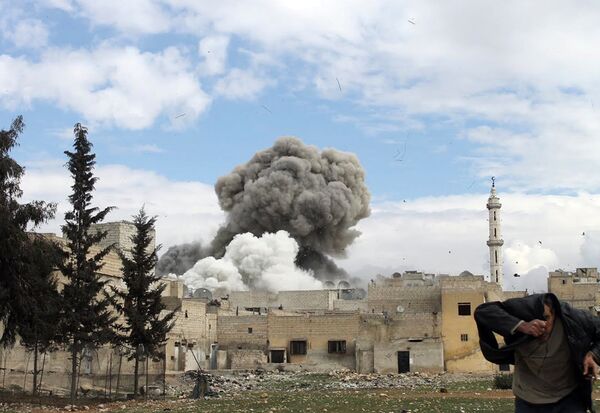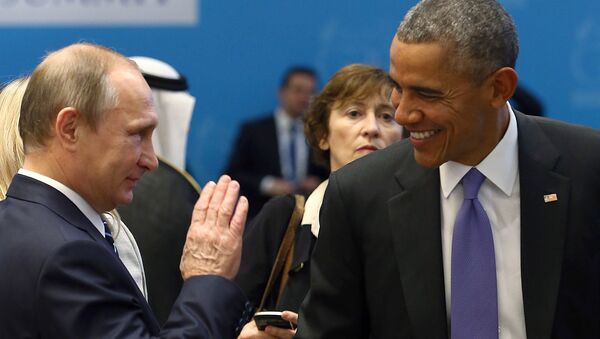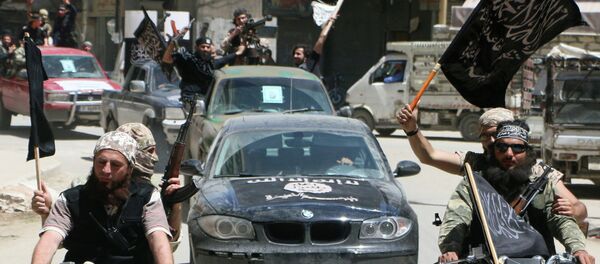The agreement, expected to come into force on February 27, is a "diplomatic victory for both sides" since Russia and the United States need "good news to tell for the sake of domestic politics," the director of Jean Monnet Centre of Excellence on European Politics and European-Russian Relations at the University of Tampere added.
Aalto also mentioned that the deal was partial since the agreement does not cover terrorist groups like Daesh and al-Nusra Front. Terrorist organizations "could use this opportunity to boost their own plans and make military advances in Syria. This is potentially a highly destabilizing possibility," the analyst noted.
Aalto further said that the best way to proceed would be "to have UN-approved troops to be on the ground in Syria in order to collect information, oversee the implementation of the agreement and confirm that things actually go as the agreement stipulates."
The expert added that a monitoring mission would unlikely be approved in the near future.

The agreement has largely been hailed as a major step towards resolving the deadly Syrian conflict. The deal will help to create "conditions for launching a long-term political process through a broad inter-Syrian dialogue in Geneva, under the auspices of the UN," Russian President Vladimir Putin said in a statement.
Former Soviet President Mikhail Gorbachev called it a "useful step in the right direction," while US Senator Ed Markey noted that US-Russian cooperation on implementing the deal "would be a wonderful new addition to the dialogue so we could begin to deescalate the overall military activity" in Syria.


